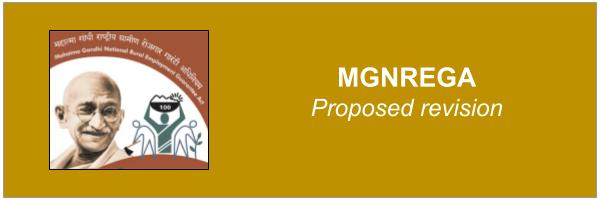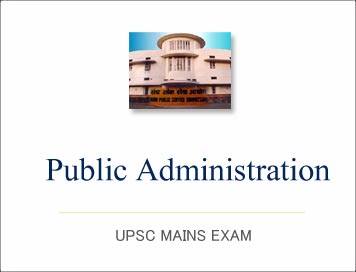Whats Hot!
Downloads
- New! THE HINDU, YOJANA, PIB PDF
- New! UPSC PRELIM Papers 2004-2025
- UPSC Syllabus PDF Download
- New! IAS MAINS Papers 2010-2025
- PDF Study Notes for UPSC (Hot!)
- E-books PDF Download
- NCERT Books Download | NCERT Hindi PDF
- New! UPSC MAINS SOLVED PAPERS PDF
- OLD NCERT PDF
- UPSC 2025 Exam Calendar
- New! UPSC 2025 Online Course



